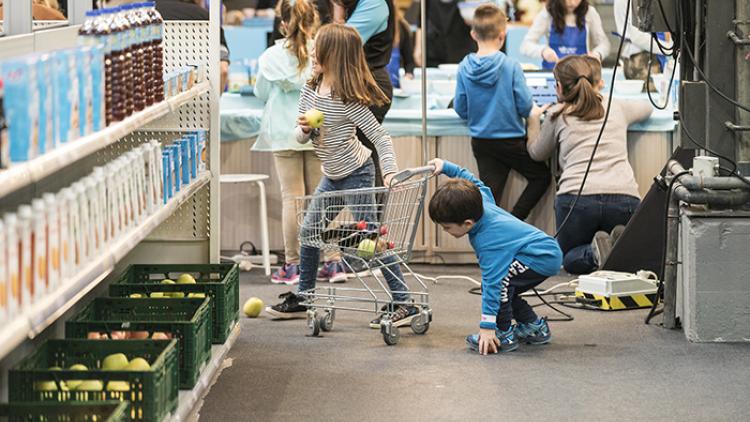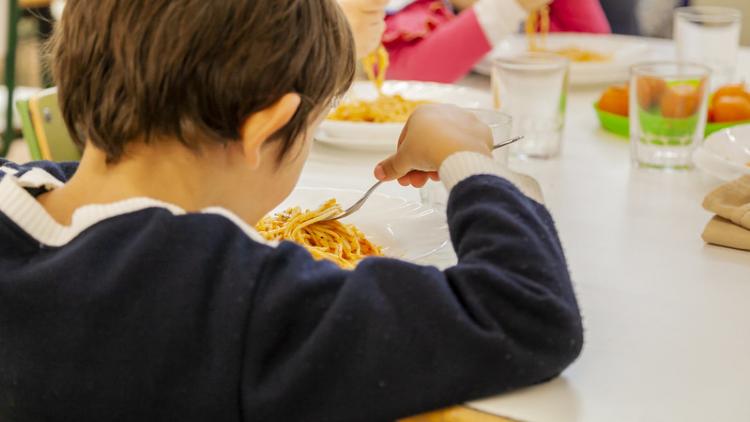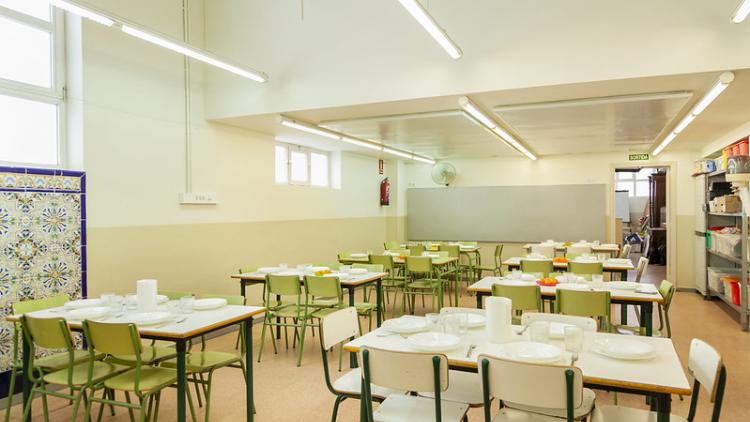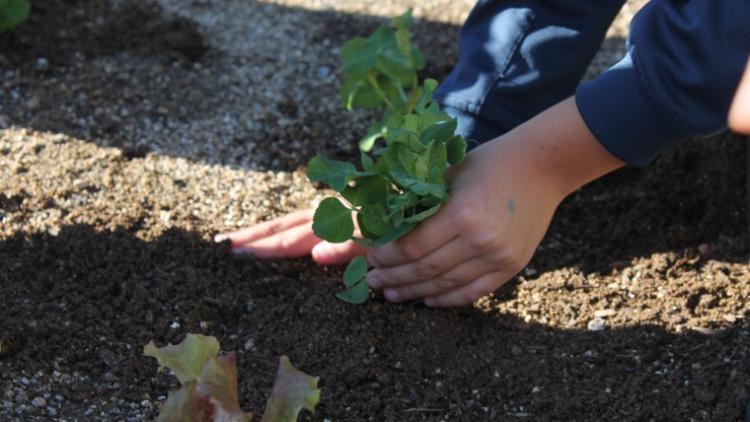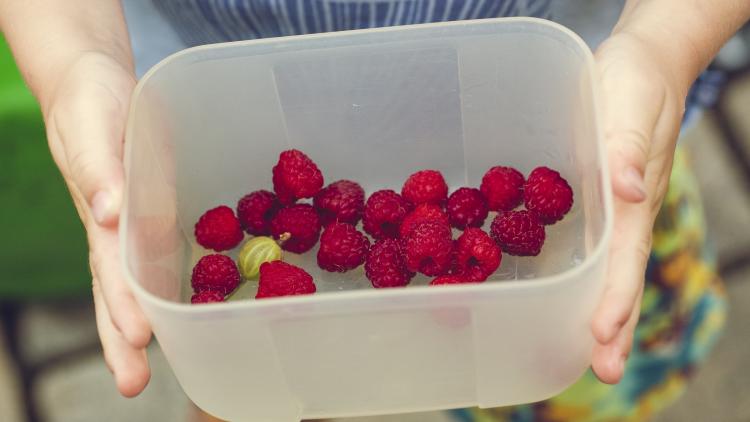Tips for schools
In Catalonia, 42.5% of children have school dinners, according to data from PReME. In this context, schools become an important setting for developing initiatives to ensure access to sustainable, healthy food and to raise awareness of how food is produced and procured.
What can schools do to incorporate sustainable food into their everyday schedule?
Share information
-
Show the pupils the school’s kitchen space or the kitchen space of the catering business that serves the school dinner.
-
Encourage children, families and school staff to participate in the food process by meeting farmers, visiting allotments and markets, designing dishes and menus, serving dishes, etc.
-
Make a map with the pupils of the shops and restaurants near the school that offer healthy food.
-
Put up posters with seasonal products in the classroom throughout the year and incorporate them into activities, exercises and projects for each season.
Organise promotional and educational activities on the role of livestock, with information on sustainable options.
Adopt healthy habits
-
Incorporate sustainable food as a cross-cutting subject in the school curriculum for every age and stage, with academic and practical content that involves the whole school community.
-
Set up a space for a school garden, inside or outside, or create a living classroom.
-
Organise activities in which pupils ask their families to cook them their favourite dish from their childhood.
Create sustainable menus
-
When buying food or hiring a catering service, it is important to consider criteria beyond the price, including: where, how and by whom it was produced and distributed; what impact its production has had on rivers, soil, forests, biodiversity and the atmosphere; how animals were treated in the process; how it is packaged; and what its social, nutritional and emotional value is.
-
- Ensure access to fresh, quality vegetables.
- Offer more options for vegetarians, vegans and people with food intolerances.
- Use fresh, non-processed products.
- Reduce animal protein and increase plant protein.
-
- Support organic, extensive livestock farming, and mixed systems of local crops and livestock.
- Practise responsible procurement and purchasing with local, eco-friendly criteria in mind, supporting the sustainable, social and solidarity economy, when running school canteens.
Reduce waste
-
Observe and analyse how much organic waste is being thrown away in the school canteen to reduce it and define practices and goals to reuse leftovers.
-
Observe and analyse how much plastic waste is being thrown away in the school canteen to measure the environmental impact and reduce the use of non-essential packaging.


